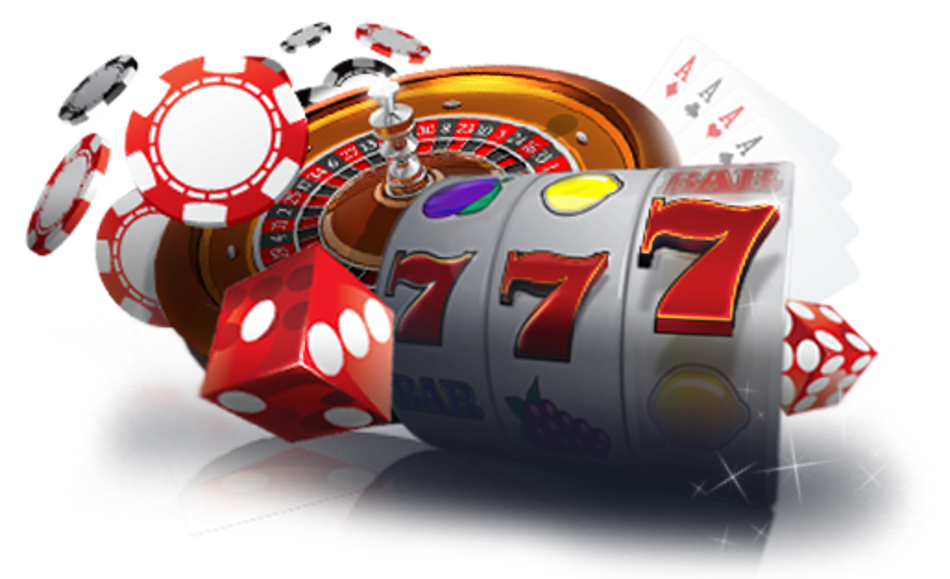
In the vibrant world of gambling halls, where the atmosphere humms with excitement and the clinking of chips fills the environment, the position of a game dealer is both essential and fascinating. Each day, these skilled professionals step into a realm where fortune and strategy converge, leading players through the ups and downs of their selected casino titles. From table games like 21 and poker to the spinning wheels of roulette, dealers facilitate the action while making sure that each game operates smoothly and fairly.
As the day breaks on another hectic day, a casino game dealer gets ready to immerse themselves in this vibrant environment. Their responsibilities extend beyond merely dealing the cards or turning a wheel; they are also entertainers, service providers, and keepers of the rules. Each workday brings new challenges and interactions, making every day distinct in the life of a casino dealer. This insider look will examine the day-to-day operations of a casino game dealer, highlighting the skills and insights that make this profession both thrilling and rewarding.
The Role of a Gambling Game Dealer
A casino game croupier is at the core of the gaming experience, managing the flow of the play while making sure that players are involved and entertained. Their main duty is to manage the game, which involves distributing cards, spinning the wheel, or managing the chips, based on the type of game being played. Dealers must have a thorough understanding of the regulations and guidelines governing each game, while also maintaining a welcoming and approachable demeanor to improve the gambling atmosphere.
In addition to overseeing the play, croupiers must also keep a close watch on the players and the environment around the game. This entails watching for any signs of cheating, ensuring that everyone is adhering to the guidelines, and addressing any disputes that may arise among players. Strong communication skills are essential, as croupiers often provide explanations about the game’s mechanics and offer assistance to those who may be novice to casino games.
Moreover, a croupier’s role extends beyond just the technical aspects of the play. They play a crucial part in crafting an enjoyable experience for the players. This necessitates building a connection with patrons, being attentive to their wants, and often adding an aspect of entertainment into the game. It’s this mix of skill, alertness, and people skills that makes the role of a casino table dealer both demanding and fulfilling in the dynamic world of gambling games.
Responsibilities and Challenges in Daily Operations
One of the primary responsibilities of a dealer in a casino is to supervise the various games available at their table, guaranteeing a seamless and enjoyable experience for players. Dealers must be adept at distributing cards, counting chips, and maintaining the continuity of the game. This calls for a keen understanding of the regulations of each game, from blackjack to roulette, and the ability to answer players’ questions while keeping the game moving. Attention to precision is essential, as dealers must monitor bets, pay out winnings correctly, and watch for any cheating or discrepancies at the table.
In addition to supervising the game per se, dealers encounter challenges such as managing difficult players. The casino environment can be high-pressure, particularly during high-stakes games, and a dealer must remain calm and maintain professionalism at all times. They need robust interpersonal skills to navigate interactions with players who may be upset about losses or dissatisfied with the game’s pace. Navigating these situations delicately is crucial in ensuring a friendly atmosphere on the casino floor.
Another significant responsibility is upholding the honesty of the game. Dealers must be vigilant and observant, watching for any signs of collusion or cheating among players. This involves not only a solid knowledge of the games but also an awareness of player psychology. They must also adhere to the casino’s rules and procedures, participating in regular training sessions to keep updated on rules and protocols. Balancing these responsibilities while providing top-notch customer service is what makes the role both difficult and rewarding for a dealer in a casino.
Skills and Skills for Success
A successful casino game dealer must demonstrate superior communication skills. This includes not just the ability to explicitly explain game rules and procedures to participants but also the capacity to connect with them in a cordial and respectful manner. Building rapport with patrons can enhance the gaming experience and inspire repeat visits to the casino. Effective communication enables dealers to manage tables seamlessly while ensuring that players feel valued.
Moreover, solid mathematical skills are essential for a dealer. Quick arithmetic are often required to keep track of bets, payouts, and game outcomes in the moment. A dealer’s ability to perform these numerical tasks accurately and swiftly contributes to the overall efficiency of the game. MM88 This skill helps in maintaining the flow of play and in minimizing disputes or misunderstandings with players, which is crucial in a rapid casino environment.
Lastly, an ideal casino game dealer should exhibit integrity and professionalism at all times. Trust is a key component of the gaming experience, and players must feel secure that the games are conducted equitably and clearly. A dealer’s devotion to upholding high ethical standards fosters a welcoming atmosphere at the table and enhances the casino’s standing. Being dependable in behavior ensures that dealers leave a memorable impression on guests, which can lead to a faithful customer base. MM88